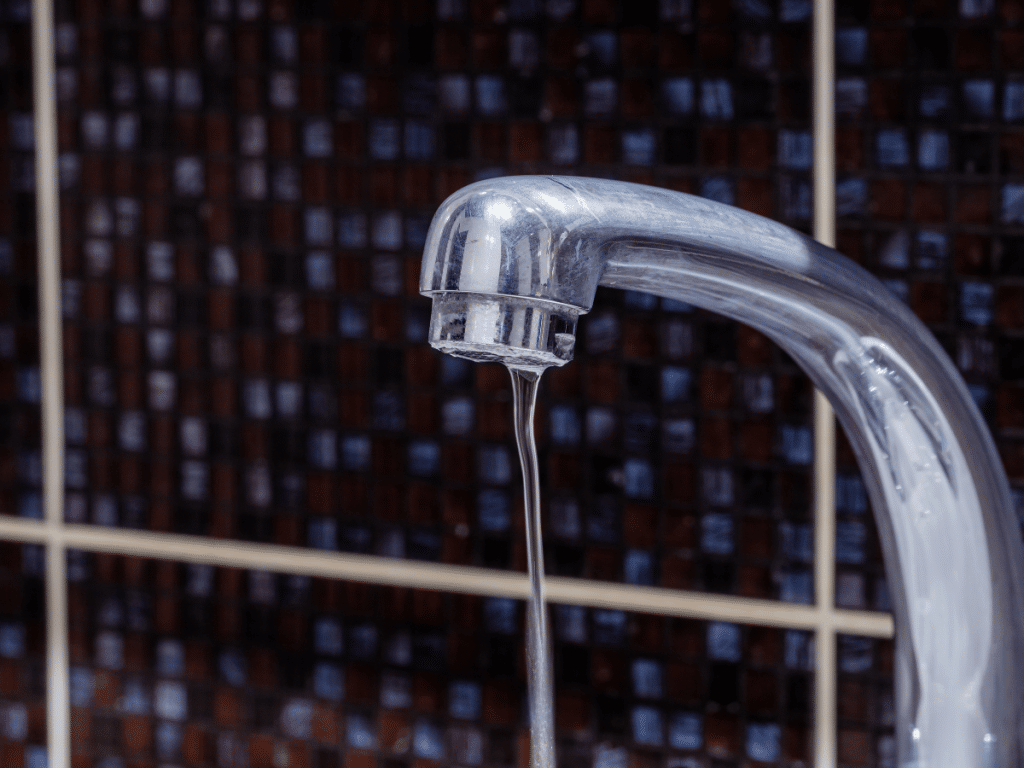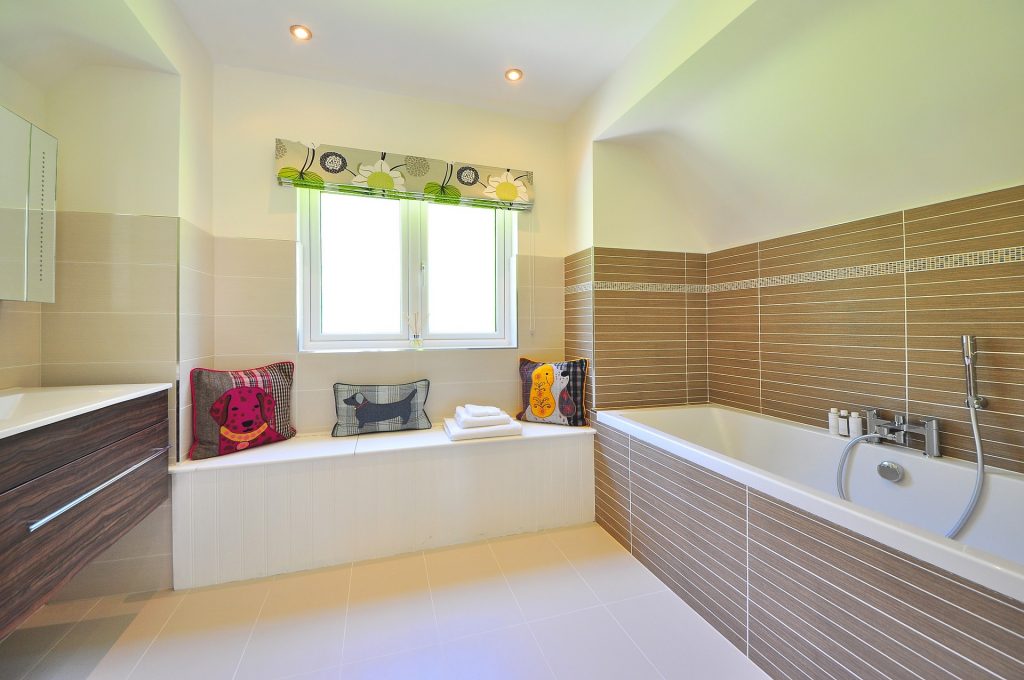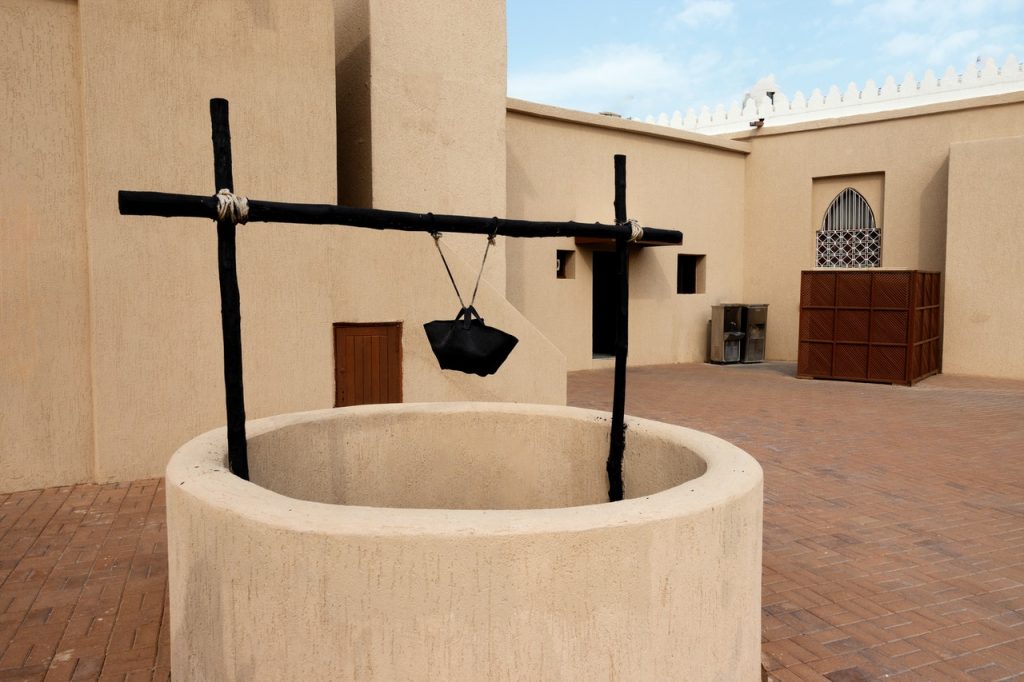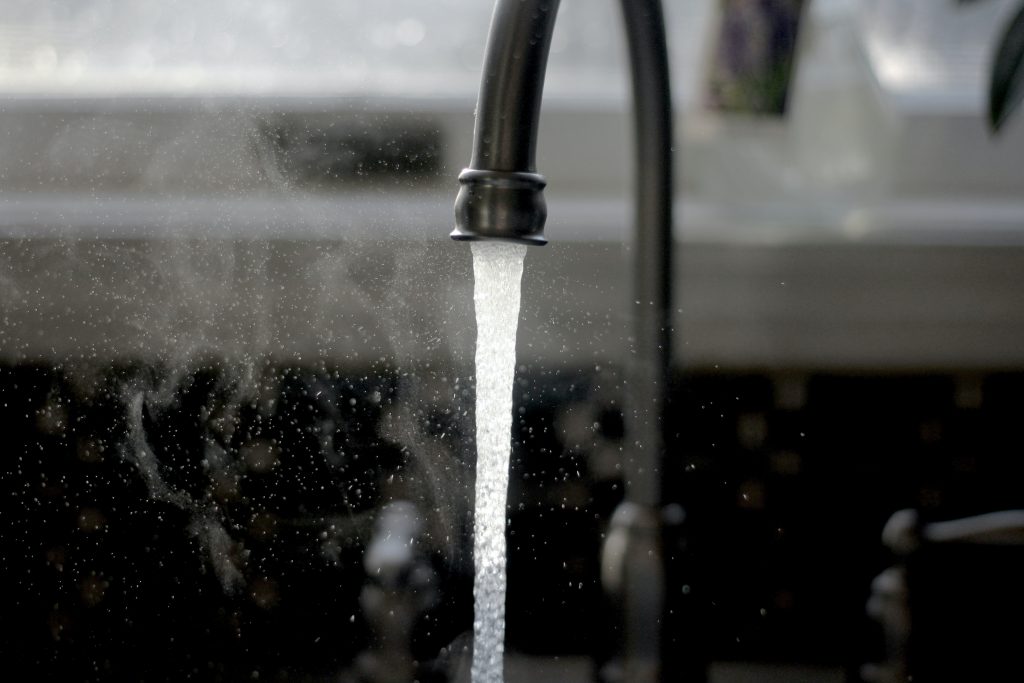Water pressure issues can be incredibly frustrating to deal with, and ignoring this problem can lead to further difficulties down the line. To get ahead of this problem and minimize its impact, it’s important to understand its possible causes.
This blog post will examine low water pressure in houses, as well as some telltale signs and what causes it so you know when it’s time to call a plumbing professional.
Why low water pressure is bad
Low water pressure can not only be a source of frustration, but these restrictions on water flow make everyday tasks like dishwashing, bathing, washing clothes, and watering plants more challenging.
Sinks and tubs take longer to be filled with enough water, and water flow slows down the completion time of your daily chores, hampering your ability to get these activities done in a timely manner and go about your life.
Low water pressure in houses can also be a key indicator of something being amiss with your plumbing system. If ignored, these issues could end up wreaking havoc over time and become irreparable, making it so you’ll need to replace components of your system (which can be incredibly costly).
It’s therefore vital that a plumber evaluate and address sudden decreases in water pressure within your home.
Low water pressure signs
How do you know if water pressure is low in your house suddenly? Here are a few telltale indicators.
Reduced water flow
The most obvious sign of low water pressure is if the water output of your showerhead or faucets has diminished over time. If filling up a glass used to take 30 seconds before, but now takes longer, you’re likely experiencing water pressure issues.
Variable water pressure
If the pressure of your water fluctuates and changes frequently, it could indicate problems with low water pressure.
This is often caused by obstructions in your plumbing system, which prevents water from moving freely through pipes and causes different levels of tension.
Unusual noises
Another symptom of little to no water pressure in houses is if you hear banging, whistling, or gurgling sounds when using your showerhead or faucet. This can be caused by trapped air being released when water moves through your pipes and becomes active again.
Sputtering shower heads
When your water pressure is too low, your shower head may sputter or spray inconsistently instead of offering a consistent stream. This could, however, point to issues with the aerator in your shower head, which should regulate and conserve the flow of water.
What causes low water flow?
Below are the primary factors contributing to low water pressure at home.
- Blocked or corroded pipes
Loss of water pressure in houses may be caused by blocked or corroded pipes.
Over time, debris can build up in pipes and cause blockages that reduce available space for water flow in homes and cause variable pressure levels.
Corrosion in pipes is also another possible culprit. Corrosion sees rust forming around the metal walls of pipes, which slowly wears away at them and creates the possibility of cracks (which then causes leaks).
Contact a plumber immediately if you suspect that your pipes have become blocked or corroded. A plumber will flush away any sediment buildup, replace any corroded parts, and ensure you have clean drain pipes to restore normal pressure levels.
- Clogged aerators
Your faucet or showerhead’s aerator conserves and regulates water flow, but deposits like calcium and lime can accumulate over time and lead to clogs.
It’s vital that if your aerator appears clogged, professional cleaning be requested.
- Frozen pipes
Another cause of low water pressure is freezing temperatures. When temperatures dip below zero, your pipes can freeze, creating blockages that result in decreased pressure. If this issue remains unchecked, it may even lead to burst pipes.
It’s imperative that swift action be taken if your pipes are frozen. Turn off any faucets or sources of running water and contact a plumber as soon as possible.
- Leaking pipes
Water pressure can be affected by leaking pipes as well. Leaks that allow water to escape will reduce pressure by preventing more of it from reaching fixtures, ultimately decreasing the amount of water that you receive when you turn on a faucet.
Leaks should be evaluated by a skilled plumber, as they will be able to determine how to best repair them to restore normal water pressure in your home.
In need of plumbing assistance? Choose American Home Water & Air
Understanding the causes of low water pressure in houses will allow you to better notice when you’re experiencing the issue so you can take action accordingly.
American Home Water & Air is here to assist if you require professional assistance with your plumbing system. Our technicians will assess your system to identify any underlying problems before providing the best possible solutions to restore and maintain it.
AHWA has been helping homeowners in Phoenix for over 35 years and provides fair, honest, and transparent pricing so you’ll always know what to expect.
Contact AHWA now!
[related_posts_by_tax posts_per_page="3" format="thumbnails" image_size="medium"]









